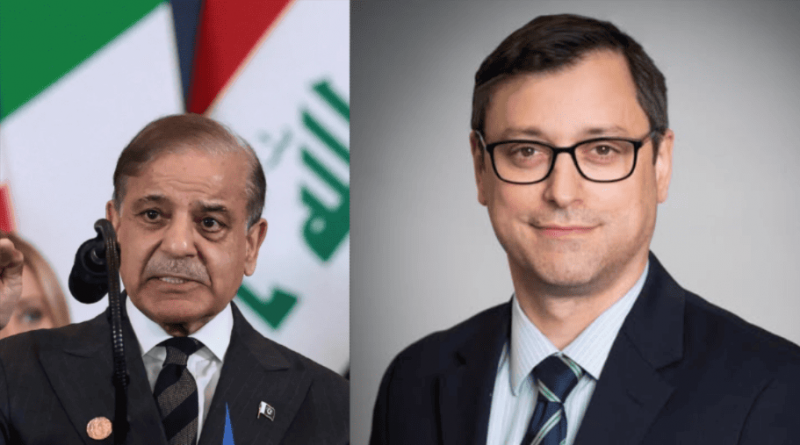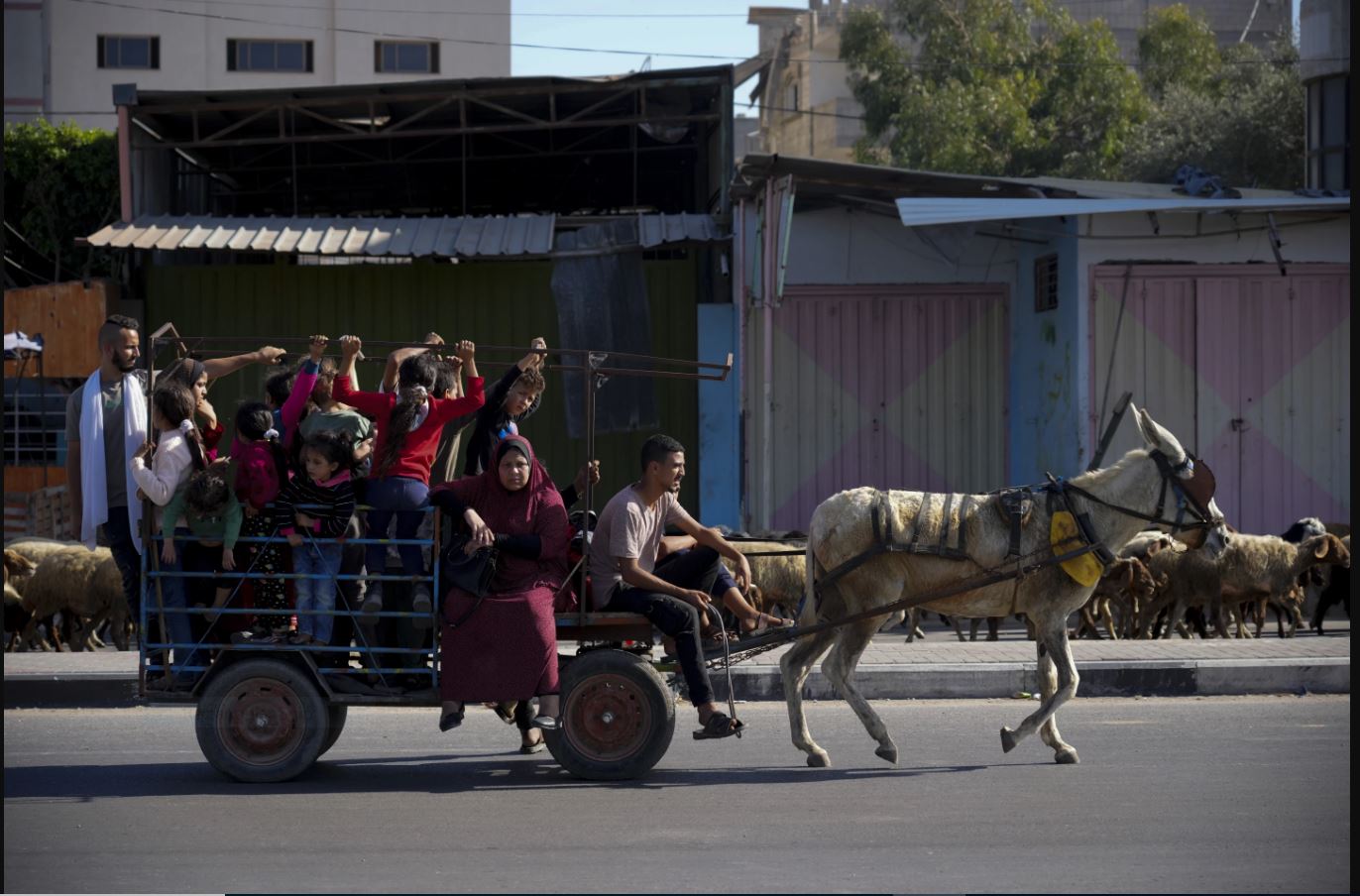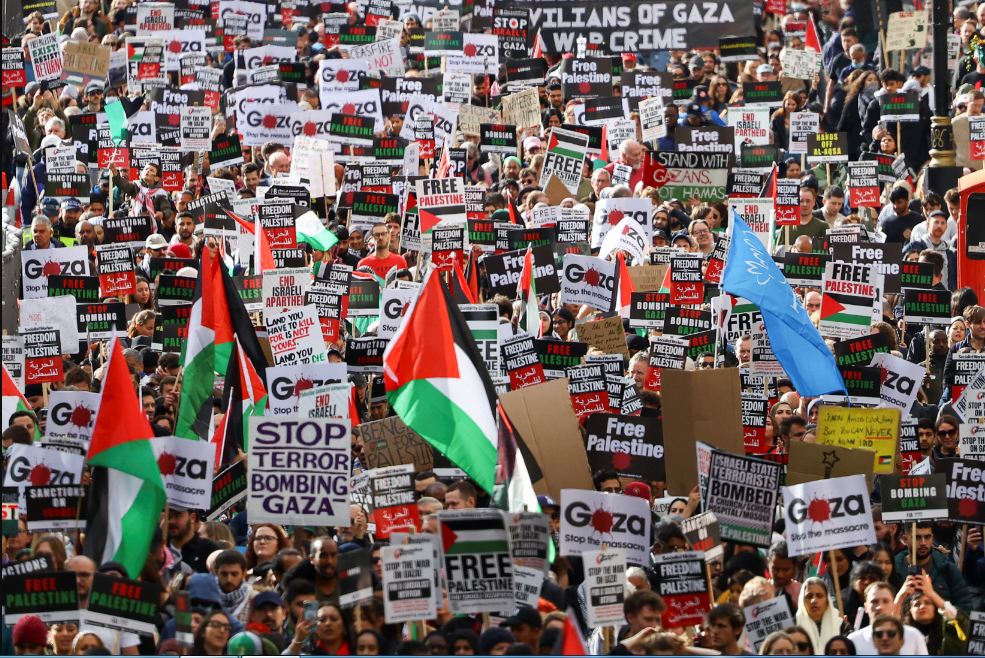US expert warns against including Pakistan in Gaza Stabilisation Force
New York – In a recent episode of the podcast Remembering Mumbai 26/11: The Truth Behind Pakistan‑Sponsored Terror and a Tribute to the Fallen — broadcast under Milli Chronicle’s “Milli Dialogues” series — US counter-terrorism analyst, writer and lawyer Aaron Eitan Meyer issued a stark warning over proposals to include Pakistan in the so-called International Stabilization Force (ISF) for Gaza.
His remarks came in response to a question by the show’s host, Zahack Tanvir, who asked whether it would “be really … logical enough” to involve Pakistan in the Gaza Stabilisation Force — and what repercussions might follow.
Meyer’s answer was unequivocal. “I think you have to choose,” he said. “Either Pakistan will be involved or we can have a stabilisation force. The two are not going to happen together.” He added that the same logic applies to any other state — including those like Qatar — that some have proposed might contribute to the force.
“You know, there’s the old expression of inviting the fox into the hen house,” Meyer argued. “Once you have … bad actors … the only result is going to be negative.” He said it “does not take a crystal ball” to see the consequences and described even the possibility of such inclusion as “ludicrous.”
The debate unfolded against the backdrop of recent developments: the ISF has been proposed as part of a broader peace plan aimed at stabilising the Gaza Strip following ongoing conflict. Under that plan, a multinational peacekeeping force would be mandated to help restore security, oversee demilitarisation and facilitate the rebuilding of Gaza.
Countries such as Egypt, Qatar and the United Arab Emirates have been frequently discussed in connection with potential troop contributions — but according to Meyer, inviting Pakistan into the mix would seriously undercut the force’s legitimacy.
Also participating in the podcast discussion were other security and regional-experts: Siddhant Kishore, a national-security analyst based in Washington DC; Yeshaya Rosenman, an India–Israel specialist in Jerusalem; and Irina Tsukerman, attorney and national security analyst. Their collective participation underscored the gravity of the conversation, which framed the ISF not only as a means for peace-building, but also as a test of the international community’s resolve to exclude parties deemed incompatible with such a mission.
Meyer’s intervention resounds especially strongly given the background against which the podcast was framed — a remembrance of the 2008 terror attacks in Mumbai, widely attributed to militants operating out of Pakistan. The episode aimed both to honour the memory of the victims and to raise awareness of what the hosts described as “Pakistan-sponsored terror.”
For the international audience, Meyer’s warning is likely to add weight to ongoing debates over the composition and mandate of the ISF. Critics of including contested actors warn that doing so could undermine both operational discipline and political legitimacy; proponents counter that broad inclusion may be necessary for regional buy-in. With the Gaza conflict continuing to exert global repercussions, the question of who gets to stabilise Gaza remains deeply fraught.



